Introduction
Welcome, fellow dog parents! One of the many joys of having a furry companion is the love they bring into our lives. As responsible caregivers, it's essential to ensure our dogs are healthy and happy in every way possible. One aspect of their well-being that often goes overlooked is the care of their claws.
Understanding Dog Claws
What are dog claws?
Dog claws, also known as nails, are hard outer coverings on the ends of their toes. They serve various purposes, including providing traction, digging, and defense.
Anatomy of dog claws
Dog claws consist of a hard outer shell called the nail, a quick (blood vessel and nerve bundle), and the surrounding skin. Understanding their anatomy is crucial for safe trimming.
Purpose of dog claws
From digging in the backyard to gripping slippery surfaces, dog claws play a vital role in their daily activities. They're an essential part of your dog's mobility and well-being.

Signs it's Time for a Trim
Is it time to give those claws a trim? Look out for visual cues such as overgrown nails or behavioral signs like limping or discomfort. If you hear a clicking sound as your dog walks on hard surfaces, it's a telltale sign that their claws need attention.
Benefits of Regular Claw Maintenance
Regular claw maintenance isn't just about keeping your floors scratch-free. It's also about preventing health issues like ingrown nails, improving mobility, and enhancing your dog's overall comfort.
How Often Should You Trim?
The frequency of claw trimming varies from dog to dog. Factors like breed, age, and activity level influence how quickly their claws grow. As a general rule, aim for trimming every 2-4 weeks, but adjust based on your dog's individual needs.

DIY vs. Professional Grooming
Deciding whether to trim your dog's claws at home or seek professional help depends on various factors. While DIY grooming can strengthen the bond between you and your pup, professional groomers have the expertise to handle any challenges that may arise.
Tools and Techniques
Equipping yourself with the right tools and techniques is essential for a successful claw trimming session. Invest in quality clippers and learn the proper method to avoid accidents and keep your dog comfortable throughout the process.
Making the Experience Positive
Transform claw trimming from a dreaded chore into a bonding experience with your dog. By using positive reinforcement techniques and creating a calm environment, you can turn grooming sessions into moments of trust and connection.
Handling Accidents and Injuries
Even with the utmost care, accidents can happen. If you accidentally cut the quick and cause bleeding, remain calm and take appropriate measures to stop the bleeding. Always consult your veterinarian if you're unsure how to proceed.
Conclusion
In conclusion, regular claw maintenance is a crucial aspect of responsible dog parenting. By staying attentive to your dog's needs and providing them with proper care and attention, you're ensuring they live a happy and healthy life.
FAQs
-
How do I know if my dog's claws are too long? Look for visual cues like overgrown nails or listen for a clicking sound as your dog walks.
-
Can I use human nail clippers on my dog? It's best to use clippers specifically designed for dogs to avoid injury or discomfort.
-
My dog hates getting his claws trimmed. What can I do? Use positive reinforcement techniques, take it slow, and reward good behavior to make the experience more pleasant for your dog.
-
Are there any alternatives to traditional claw trimming? Some dogs may benefit from using scratching posts or pads to naturally wear down their claws.
-
What if I accidentally cut the quick? Remain calm, apply styptic powder or cornstarch to stop the bleeding, and monitor for signs of infection.


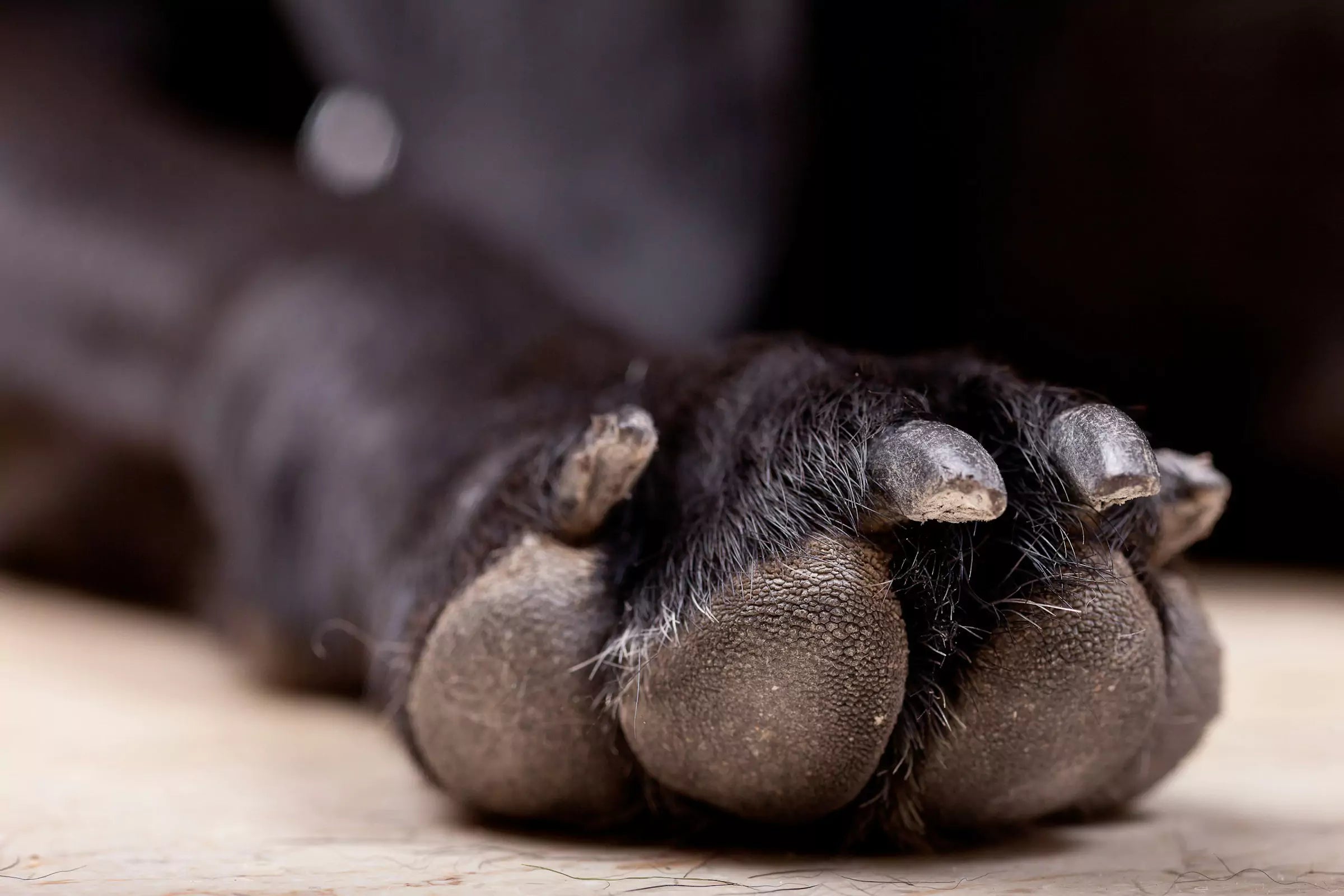
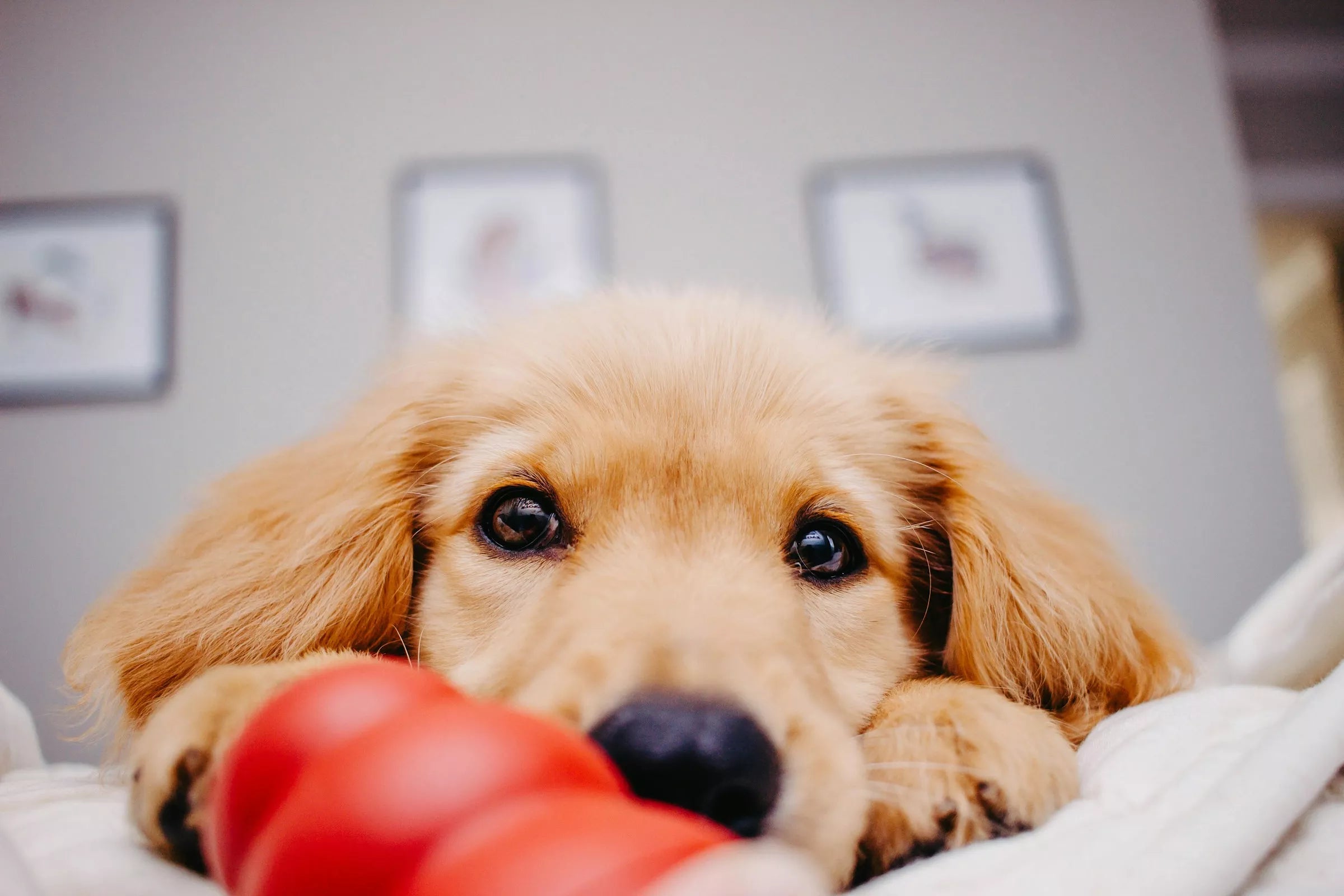
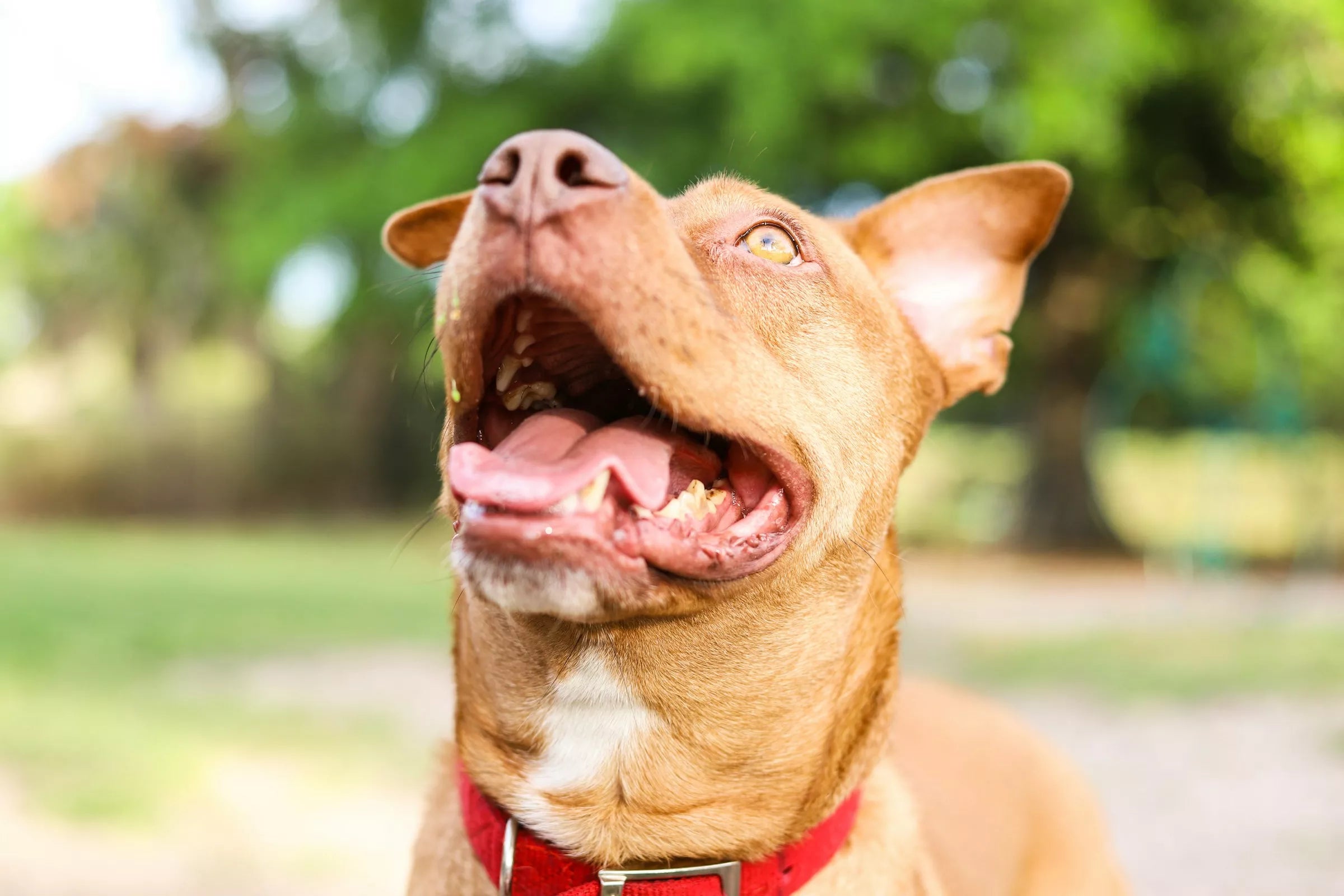
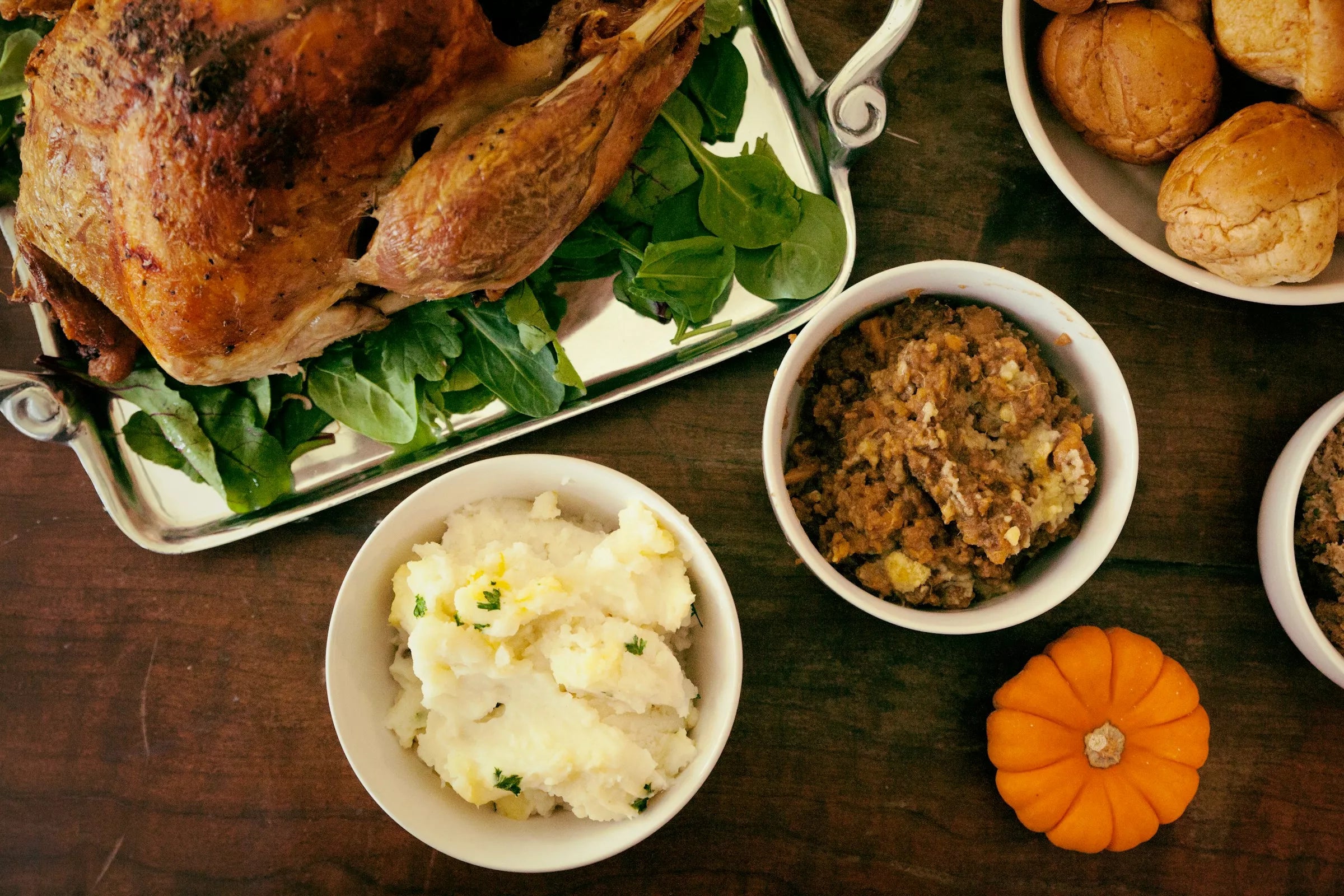
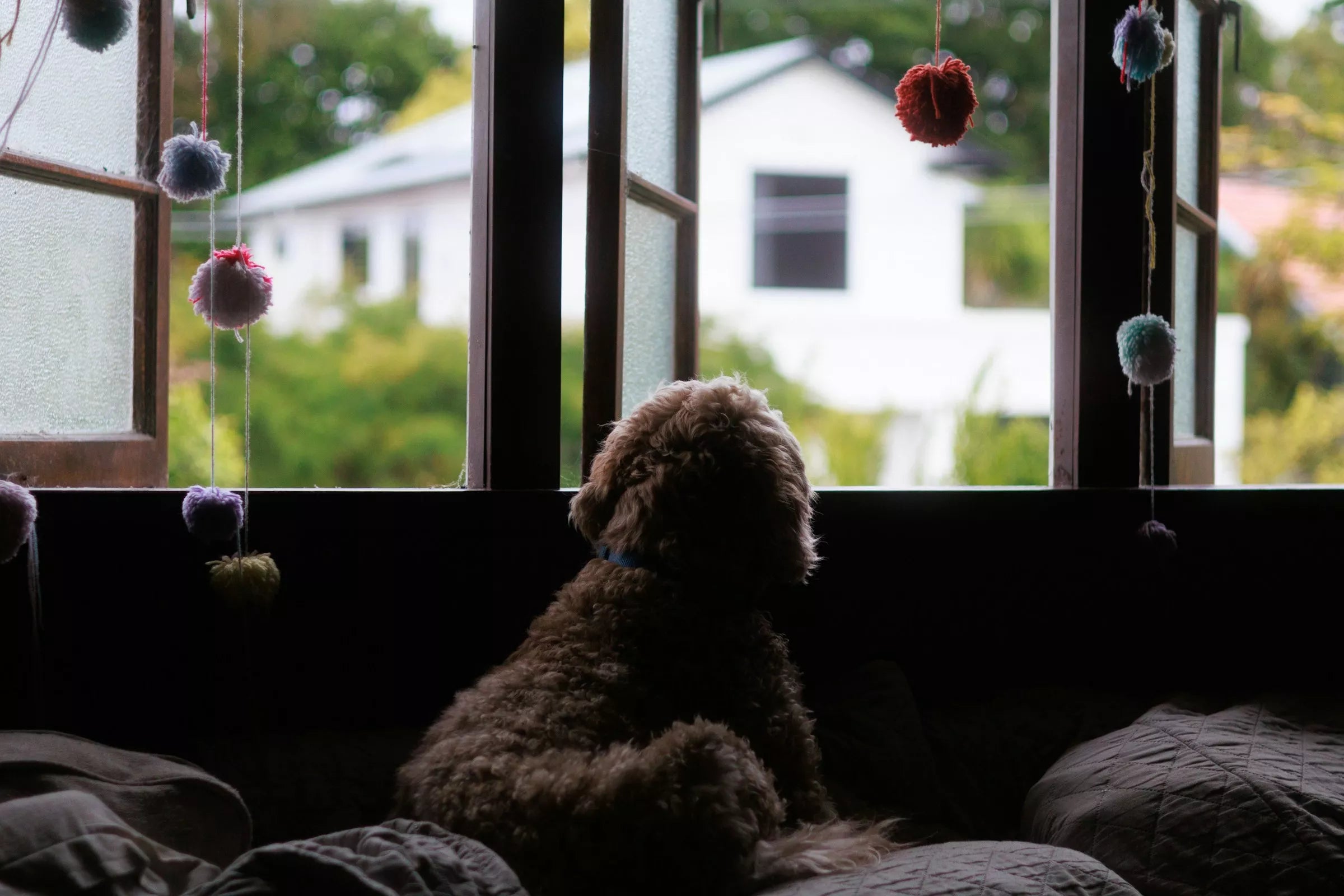
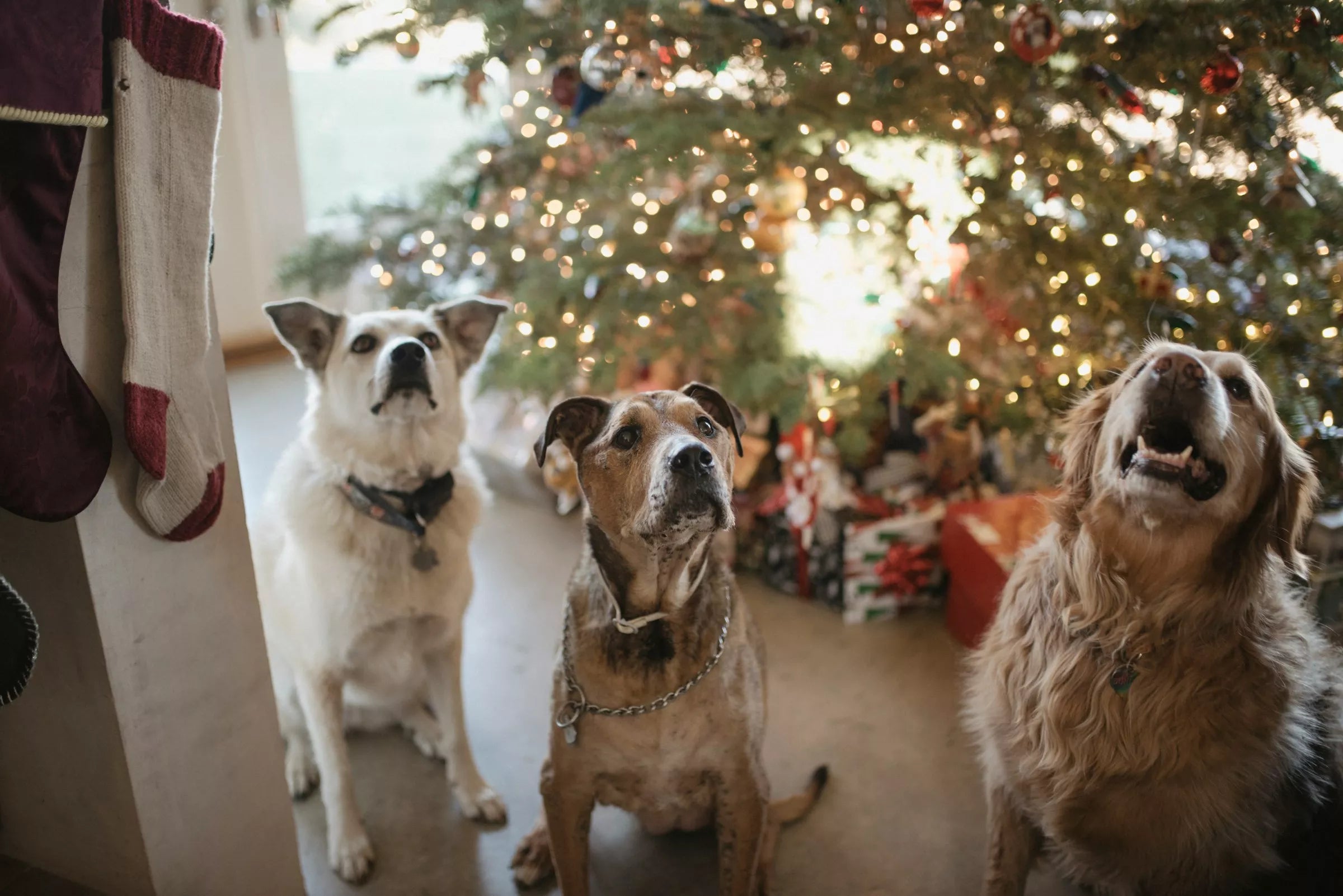
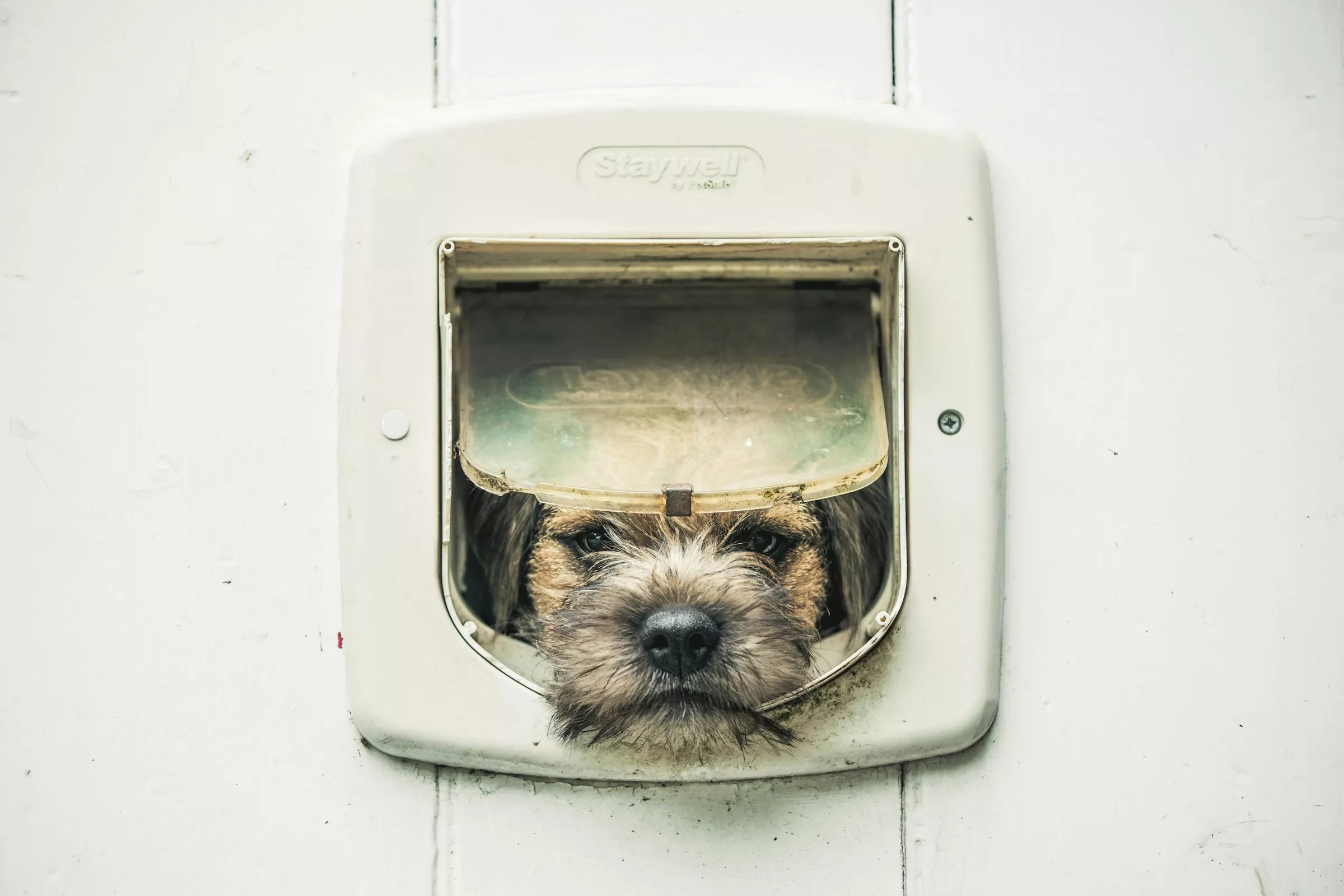






Share:
When Should Dogs Be Wormed?
Are Eggs Good for Dogs?